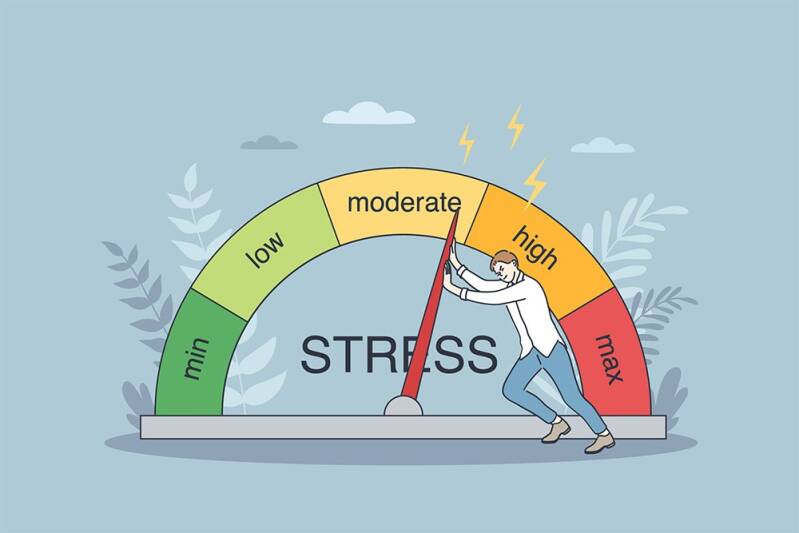
Understanding Its Benefits, Drawbacks, and Paths to Recovery
In the fast-paced world we live in, stress has become an inevitable part of our daily lives. Whether it's meeting deadlines, managing relationships, or dealing with unexpected challenges, stress can manifest in various forms and intensities. While it's often perceived as a negative force, stress can also have its advantages. However, striking a balance is crucial, as prolonged or excessive stress can lead to detrimental effects on both our physical and mental well-being. In this blog, we'll explore the advantages and disadvantages of stress, along with practical tips for recovering from its grasp.
Advantages of Stress
1. Enhanced Performance: A moderate level of stress can serve as a motivational tool, pushing individuals to perform better. It can sharpen focus, increase alertness, and drive productivity, especially in situations where deadlines loom or challenges arise.
2. Resilience Building: Experiencing manageable levels of stress can help build resilience. By navigating through stressful situations, individuals can develop coping mechanisms and problem-solving skills, preparing them to handle future challenges more effectively.
3. Increased Awareness: Stress can heighten awareness of potential threats or dangers, prompting individuals to take necessary actions to mitigate risks. This heightened vigilance can contribute to better decision-making and improved situational awareness.
Disadvantages of Stress
1. Health Impacts: Prolonged exposure to high levels of stress can take a toll on physical health, leading to conditions such as hypertension, cardiovascular diseases, weakened immune system, and digestive issues. Chronic stress has also been linked to mental health disorders like anxiety and depression.
2. Impaired Cognitive Function: Excessive stress can impair cognitive function, affecting memory, concentration, and judgment. This can result in decreased productivity, poor decision-making, and difficulty in problem-solving.
3. Strained Relationships: Stress can strain relationships with friends, family, and colleagues. Irritability, mood swings, and lack of communication stemming from stress can lead to misunderstandings and conflicts, further exacerbating the situation.
Tips for Recovery from Stress
1. Practice Relaxation Techniques: Engage in activities such as deep breathing, meditation, yoga, or progressive muscle relaxation to alleviate stress and promote relaxation.
2. Maintain a Healthy Lifestyle: Prioritize regular exercise, balanced nutrition, and sufficient sleep to support overall well-being. Avoid excessive caffeine, alcohol, and unhealthy coping mechanisms like smoking or overeating.
3. Set Boundaries and Prioritize Tasks: Learn to say no to additional responsibilities when feeling overwhelmed. Prioritize tasks based on importance and urgency, and break them down into smaller, manageable steps to prevent feeling overwhelmed.
4. Seek Support: Don't hesitate to reach out to friends, family, or mental health professionals for support and guidance. Talking about your feelings and experiences can provide perspective and alleviate stress.
5. Engage in Hobbies and Leisure Activities: Make time for activities that bring joy and relaxation, whether it's reading, gardening, painting, or listening to music. Engaging in hobbies can distract from stressors and promote a sense of fulfillment.
6. Practice Self-Compassion: Be kind to yourself and acknowledge that it's okay to feel stressed at times. Avoid self-criticism and embrace self-care practices that nurture your physical, emotional, and mental well-being.
In conclusion, while stress can have its advantages, it's essential to recognize its potential drawbacks and take proactive steps to manage and recover from its effects. By adopting healthy coping strategies, seeking support when needed, and prioritizing self-care, individuals can navigate through stressful periods with resilience and emerge stronger on the other side. Remember, it's not about eliminating stress entirely but rather learning to manage it effectively to lead a balanced and fulfilling life.
Add comment
Comments